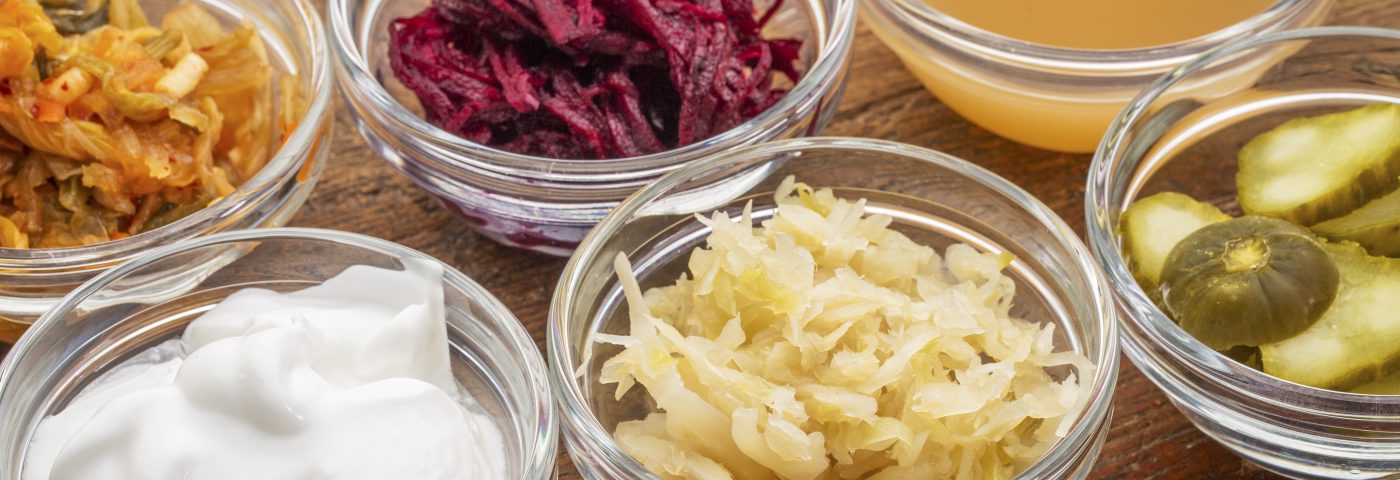While Japan remains the undisputed hub of innovation when it comes to ‘beauty from within’, the wellness boom of recent years has heralded an uptick in nutricosmetic launch activity in Western markets.
Cooking for beauty
Beauty-enhancing powders – once secondary to convenient tablets/capsules in many markets – fit nicely into the zeitgeist for nutritious, homemade foods, alongside similar products claiming wellness properties, such as brain-boosting or sleep-promoting effects.
Up-and-coming high-end supplement brand Equi London, for example, offers a product called Beautiful. This comes in powder form – designed to be mixed with water, juice or a smoothie – and contains the antioxidant equivalent of 12 servings of vegetables, as well as a complex of marine collagen, amino acids, resveratrol, hyaluronic acid, zinc, vitamin C and silica.
In the US, Moon Juice’s cult ‘adaptogenic’ Dust range, which includes Brain Dust, Dream Dust, Sex Dust and (yes) Beauty Dust, can be ingested in a whole host of ways; the brand’s website suggests recipes ranging from a spoonful stirred into hot milk all the way up to home-made cakes and ice creams.
A sure sign of change is when big brands, well-known for specific products, dive into a niche. In 2017, vitamins giant Vitabiotics launched its first beauty drink, an orange-flavoured collagen supplement that comes in versions for skin and hair, thereby confirming beauty beverages as the ‘it’ format for ingestible beauty.
Fermentation to the fore
Another general food trend that is influencing nutricosmetics (and even topical cosmetics) is the acceptance of probiotics (ie ingested microorganisms) and prebiotics, which promote the growth of beneficial organisms.
The popularity of probiotic foods, like kombucha and kimchi, show that consumers are not adverse to the idea of a few microorganisms – and this is likewise reflected in nutricosmetics.
The Beauty Chef, for example, has a bio-fermented probiotic called Inner Beauty Boost, while The Nue Co.’s Skin Food contains the prebiotic inulin, which feeds the ‘friendly’ bacteria residing in the gut.
Hair we grow
When it comes to nutricosmetic claims, it seems longer, stronger hair is always popular. Celebrity stylist Jen Atkin’s new hair care brand Ouai includes supplements for thinning hair (containing biotin, silica, ashwagandha and amino acids), dry hair (omega 3 fatty acids, silica, vitamin E and iron) and oily hair (green tea extract, niacin and vitamin A) in its line-up, which even includes an Ouai ‘pill box’ for travel.
Newcomer Kansha Alchemy, meanwhile, the brainchild of a beauty industry executive turned alternative health practitioner and yoga teacher, launched in 2017 with Good Hair Nutrient Complex, which contains selenium, silica, zinc, amino acids, saw palmetto and Pygeum africanum among other ingredients to combat hair thinning.
Perhaps the driver of this trend has been Sugar Bear Hair, which sells hair growth-promoting supplements containing vitamins A, C, D, E, B6 and B12, folic acid, biotin, pantothenic acid, iodine, zinc, choline and inositol. Sugar Bear Hair’s USPs, however, are its instantly recognisable blue bear-shaped gummies, and their sweet flavour, which is said to be due to the use of real berries, coconut oil and a dash of sugar. These have helped generate a huge following among influencers, who typically pose with one of the little blue bears in their mouth.
Such visually appealing supplements – and those which enable the creation of equally Instagram-friendly smoothie bowls, for example – have enabled beauty supplements to cross the divide from being necessary and functional to being aspirational products that consumers want to shout about.
What next?
Several new launches are taking beauty from within to the next level, making the addition of beauty foods and supplements to the consumer’s diet easier… and even fun.
Superfoods subscription delivery service LifeBox, for example, has teamed up with Marie Claire for the beauty-focused LifeBox ‘Winter Skin edition’. This contains healthy foods and drinks, as well as ingredients, supplements and natural beauty products, including Potion London Beauty Formula, an Alchemy Beauty Sachet and Willy Chase’s Apple Cider Vinegar.
Californian skin care brand Ceramiracle, meanwhile, has opened the world’s first ‘ageless café’ in Kuala Lumpur. In addition to beauty treatments, this café offers more than 30 custom-blended organic teas containing antioxidants and collagen-boosting botanicals… as well as healthy, low-sugar cakes.
Now that nutricosmetics themselves and not simply their effects are considered a desirable, aspirational lifestyle addition – and are even the topic of beauty ‘destinations’ in the case of the ageless café – there little reason this category can’t achieve the impact that has long been predicted but has not, as yet, been reached.
Julia Wray is Editor of SPC magazine, part of the Cosmetics Business group of products. For more information about the new look SPC, visit http://www.hpcimedia.com/SPC/ and for more beauty industry news and insight go to http://www.cosmeticsbusiness.com/


Love the info!! I’m always looking for new inventive ways for hair, skin,& nail growth. Can’t wait to test out this new Flamazing Hair Gummy product when it comes out, Links above if yall haven’t heard about it yet.